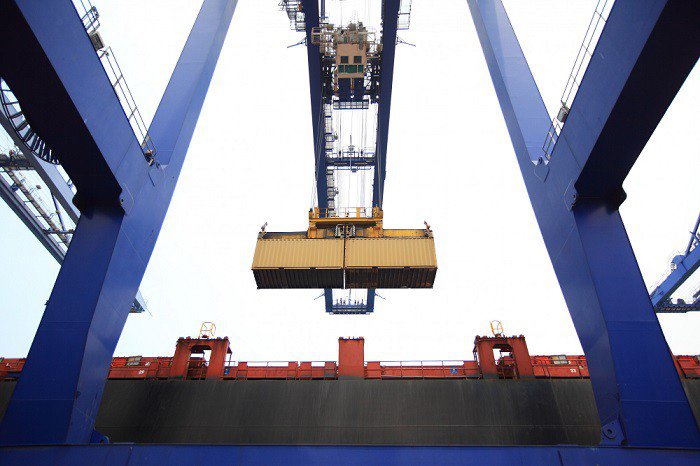
The accurate declaration of cargo weight is a minor detail in the complex web of international trade and commerce. However, a factor of utmost significance impacts several industries, including shipping, logistics, safety standards, and environmental concerns. The effects of reporting cargo weight incorrectly are extensive, affecting operational effectiveness, safety, the economy, and the environment.
This blog post explores the numerous implications of accurately declaring cargo weight and the factors that make it so important.
7 Factors to Consider for Accuratly Decalaring Cargo Weight
Ensuring Operational Safety
Maintaining operational safety is one of the main justifications for accurately declaring cargo weight. Whether by land, sea, or air, each mode of transportation has a weight limit that cannot be exceeded. An overloaded vehicle or vessel can have disastrous effects, such as accidents, structural damage, and even fatalities. Consider the maritime sector, where the stability of ships is precisely determined based on the weight distribution. Inaccurate cargo weight declarations put a vessel's stability in jeopardy and increase the risk of capsizing, especially in bad weather.
Optimizing Logistics and Efficiency
Accurate cargo weight data is necessary for efficiently transporting goods across borders and continents. Logistics companies use this data to plan routes, choose modes of transportation, and calculate delivery times. Inaccurate declarations can result in unbalanced loads and ineffective resource management, raising transportation costs and delaying deliveries. This, in turn, impacts customer satisfaction, manufacturing schedules, and supply chains. Maintaining the accuracy of the cargo weight information is essential to guarantee smooth operations.
Compliance with Regulations
Several international regulations and agreements require the accurate declaration of cargo weight. In order for containers to be loaded onto a ship, for instance, the International Maritime Organization (IMO), which carries out the Safety of Life at Sea (SOLAS) convention, requires shippers to provide the verified gross mass (VGM) of the containers. This regulation protects the crew and the vessel by preventing accidents brought on by unbalanced loads. The consequences of non-compliance for shippers and carriers may include fines, holdups, and legal action.
Fair Economic Practices
Declarations of cargo weight that could be more precise can affect how businesses operate. Weight is frequently used to determine transportation pricing, and inaccurate data can result in unfair pricing and competitive dynamics. Consistently understating cargo weight gives shippers an unfair advantage by resulting in lower freight costs, threatening to level the playing field for all parties involved. This has an impact on the overall sustainability and equity of the sector.
Environmental Impact
It is important to consider how incorrect cargo weight declarations affect the environment. Increased fuel consumption by overloaded vehicles and ships directly contributes to higher greenhouse gas emissions. The accurate declaration of cargo weight becomes increasingly important as the world's attention turns to mitigating climate change and reducing carbon emissions. Transportation companies can help make the world more environmentally friendly by reducing excess weight and consuming less energy.
Preventing Damage to Goods
The goods being transported may also be harmed by inaccurate cargo weight declarations, which put the mode of transportation at risk. Incorrectly balanced loads can cause shifting during transit, resulting in breakage and the loss of expensive goods. Items that are fragile or perishable are especially vulnerable, and an uneven weight distribution can result in losses for both shippers and consignees.
Maintaining Reputational Integrity
Reputational damage spreads more quickly than ever in the information age. Those logistics providers and shippers who routinely give out inaccurate cargo weight data run the risk of losing their good name in the market. Clients and partners depend on honest and reliable services to keep their businesses running smoothly. As trust is difficult to regain once it has been broken, even one instance of misrepresentation can have long-term effects.
Conclusion
The significance of accurately declaring cargo weight goes far beyond the scope of simple paperwork and statistics. It is a foundation for logistical effectiveness, economic justice, and environmental responsibility. The consequences of an accurate cargo weight declaration are significant, ranging from protecting the crew's safety on maritime vessels to cutting carbon emissions and fostering fair competition.
Adherence to this fundamental practice continues to be a constant as industries develop and innovate, establishing the world of trade and transportation in the values of safety, ethics, and sustainability.





 Get instant quote
and compare offers in real time
Get instant quote
and compare offers in real time